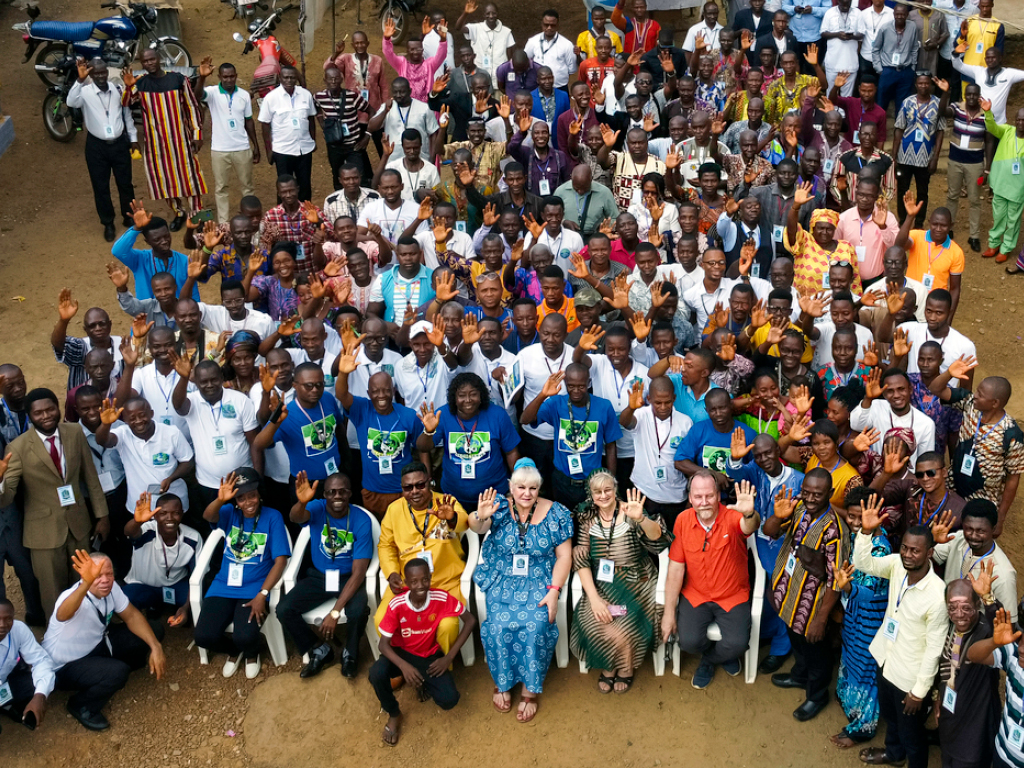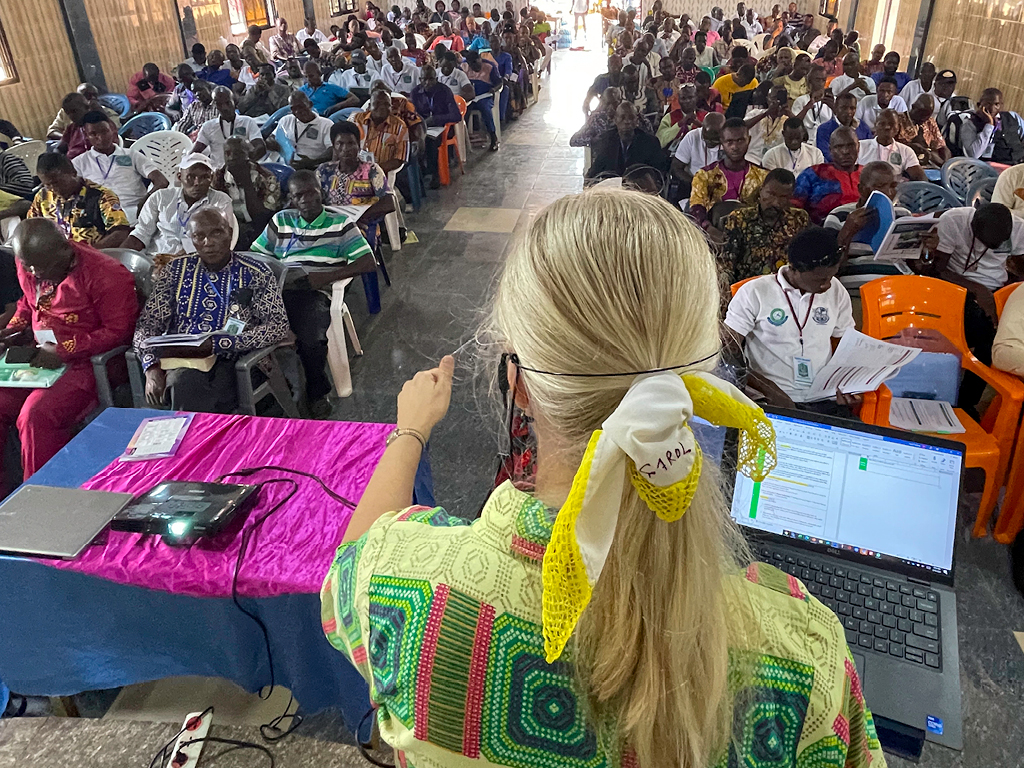
Master of Arts in
Intercultural Ministry Studies
Earn Your Master’s Degree in Intercultural Ministry Studies
Bethany Global University’s online M.A. in Intercultural Ministry degree is designed for leaders who want to grow their skill and knowledge of how to effectively reach people with the life-giving message of the Gospel. This degree is designed to grow you in cross-cultural ministry competency, whether you are based in the U.S. or internationally, and help you to be successful in your field.
Our experienced instructors take elements from our Intercultural Studies, Bible & Theology, Education, Leadership, and History programs to give you a comprehensive learning experience.
Through This Christ-Centered Program, You’ll:
- Develop a well-rounded understanding of global mission work
- Understand a variety of approaches and models for reaching the community you serve
- Learn how to effectively share the life-giving message of Christ in cross-cultural communities
- Develop communication and leadership skills for cross-cultural ministry settings
- Learn how to successfully plant and grow a church within another cultural context
Choose Between Two Online Tracks
The Course Track
Designed to be more content based. This track focuses on how you can apply and implement what you’re learning in the classroom into your field immediately.
The Thesis Track
Designed for those who want to further their education after completing the M.A. program or teach in an academic setting. This track is beneficial to those wanting to minister abroad, as some countries only acknowledge M.A. degrees with a written thesis.
Additional Resources
Check out the course listings for our M.A. in Intercultural Ministry degree.

Other Areas to Explore
Explore these resources below to learn more about Bethany Global University.



